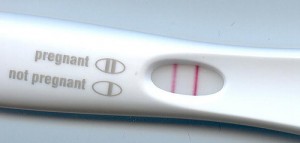in brief: womb transplants give hope to women unable to conceive
Nine women in Sweden have received womb transplants from relatives as part of a new trial.
Leading the experiment is Dr Mats Brannstrom from the University of Gothenburg. He hopes the new technique will help other women who are unable to conceive. If successful, the transplant would benefit up to 15,000 women in the UK.
Ten women were recruited for the trial. Aside from one, whose medical reasons stopped her from taking part, all of them received the transplant.
Women born without wombs, or those who have trouble conceiving, may now have another chance at falling pregnant. Having a womb removed due to cervical cancer might no longer take away the ability to conceive.
Scientists in the UK are looking into similar techniques, but the Swedish trials are far ahead. Previously, there had been only two cases of womb transplants – one in Turkey and one in Saudi Arabia. Both attempts were unsuccessful.
‘This is a new kind of surgery,’ Dr Brannstrom told the Associated Press. ‘We have no textbook to look at.’
Dr Brannstrom and his colleagues will soon be publishing a scientific report on their efforts, as well as running the first workshop on how to perform a womb transplant.
The transplant does not connect the uterus the fallopian tubes, so women will still be unable to fall pregnant naturally. They can, however, produce eggs which can be used for IVF.


